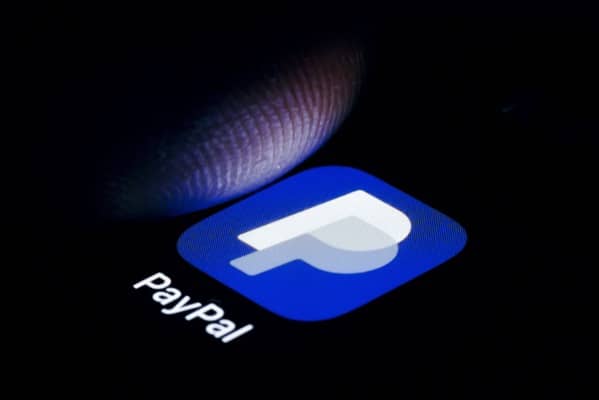PayPal has launched a new physical credit card to drive in-store purchases, expanding its presence in brick-and-mortar retail. Built with Synchrony and backed by Mastercard, the card brings PayPal Credit’s promotional financing, like six-month no-interest on travel and purchases over $149, into physical stores for the first time. It signals a shift in PayPal’s strategy toward broader payment flexibility beyond online checkouts.
What’s interesting is that the launch comes just as regulators in the UK are still circling around credit card usage in sectors such as iGaming. Since 2020, credit card betting has not been legal in the UK, but the practice remains common in international markets, especially across North America and parts of Asia, where PayPal is actively expanding its gaming merchant footprint. This includes platforms where PayPal is one of the few approved intermediaries for gaming-related transactions.
Respected gambling writer Ciaran McEneaney highlights several of the best credit card betting sites available to UK users, showcasing the benefits of credit card wagering across a range of sports markets with competitive odds, fast payouts, and flexible transaction methods beyond credit cards, such as Apple Pay and even cryptocurrency. Generous bonuses, including welcome rewards, cashback offers, and free bets, are also standard features (Source: https://www.cardplayer.com/uk/betting/credit-card-betting).
This contrast between domestic restrictions and global acceptance underscores the broader tension PayPal is navigating as it deepens its presence in diverse, regulation-heavy markets. It also suggests a larger shift to bridge the gap between credit-based betting and existing financial infrastructure, spanning other sectors like fast fashion, digital gaming, and subscription-based content. The new card is designed with high-frequency purchases in mind.
This is less about driving new credit and more about stitching PayPal into real-world purchase flows. Most PayPal transactions still happen online, but in-store spending remains a blind spot. The new card gives them direct exposure to POS transactions without depending on NFC-based wallets like Apple Pay or Google Pay, where PayPal is often buried behind multiple taps. By issuing their own card with visible branding and tiered cashback, PayPal moves up the chain. The physical card doesn’t just bypass Apple’s layers, it also shifts PayPal from being a passive checkout option to an active spending choice. That’s a major psychological difference in consumer behaviour. Instead of waiting to be chosen, PayPal is now offering a reason to be used.
Synchrony is betting on the same logic. This is a volume game. PayPal has over 430 million active accounts globally, and even a modest uptake among them would generate significant interchange revenue. The card has no annual fee, but late fees and interest charges ensure profitability. By linking cashback to PayPal usage, it creates a closed loop, earn, spend, and repay all within PayPal. This kind of vertical integration makes it tough for rival wallets to compete.
One quiet upside for PayPal is how it handles big data. Card networks see transactions, but owning the issuing layer reveals the full picture, frequency, category trends, and credit use across merchants. For a company already rich in behavioural data from eBay and merchant checkouts, in-store credit fills a key gap, offering a fuller view of spending across digital and physical channels without third-party intermediaries
Still, this isn’t a guaranteed win. Credit card fatigue is real, and cashback offers are everywhere. PayPal is counting on brand trust, convenience, and targeted rewards to stand out. The goal isn’t to win over new credit users, but to re-engage dormant PayPal users with a clear reason to return.
It’s also a strategic hedge. If Buy Now Pay Later faces tighter rules in the UK or US, PayPal needs a credit product beyond split-pay. Success will hinge on merchant reach and user perception. If the card works widely, especially offline, it has a shot. This move signals PayPal’s intent to own the full payment journey, not just the final click.




